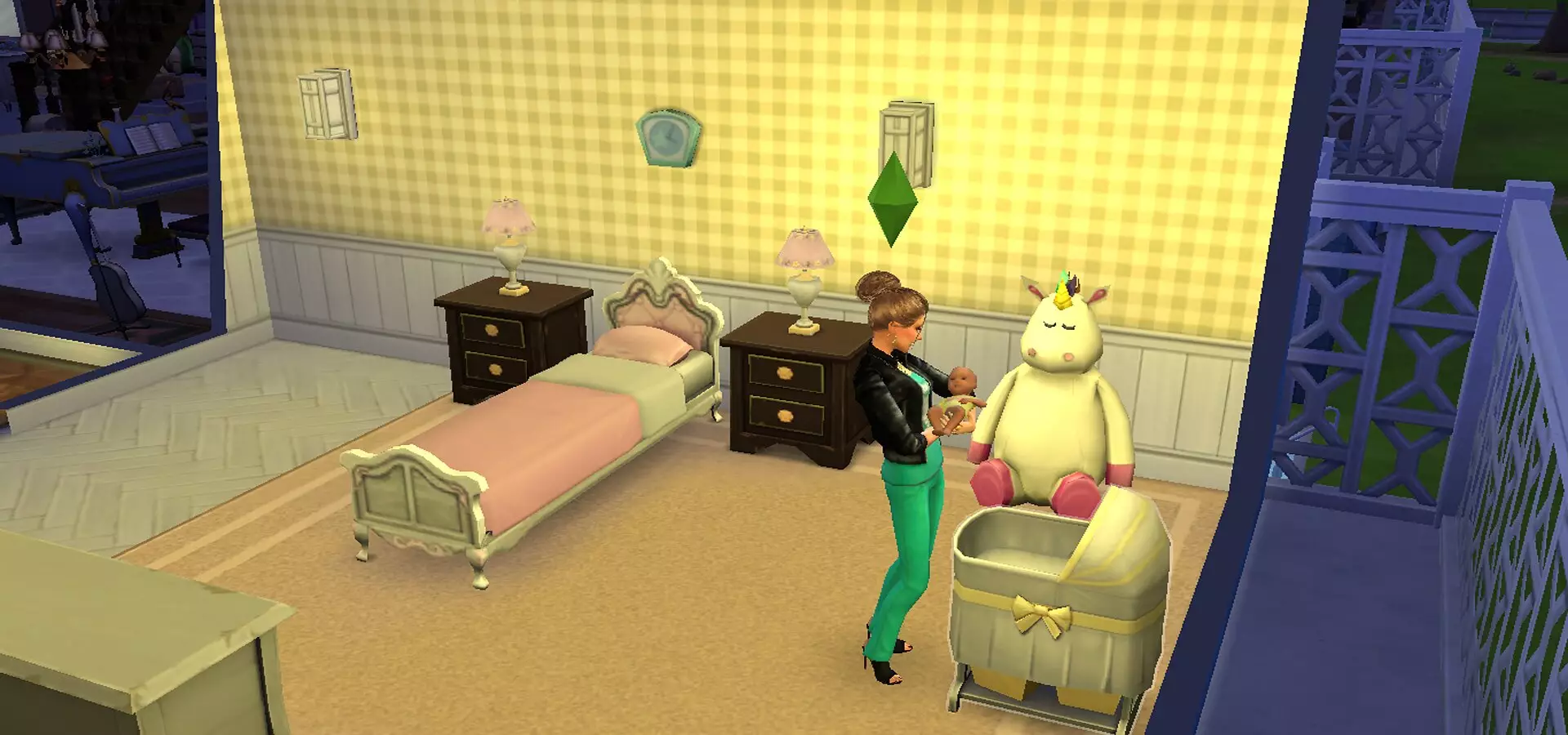Household chores are often viewed as tedious and mundane. After a long day, the last thing most people want to do is engage in domestic tasks. However, in the world of video games, these activities take on a whole new level of excitement and entertainment. Australian game developers have created innovative video games that transform repetitive and unpleasant household tasks into captivating experiences. This article will explore four remarkable Australian video games that allow players to engage in everyday tasks in unique and engaging ways.
Moving Out is a game that challenges players to become removalists with a time limit to move objects such as fridges, beds, and sofas out of homes. Developed by Australian and Swedish studios, Moving Out showcases the same team that created the popular cooking game, Overcooked. In this game, the act of removal becomes an athletic endeavor. Floor plans and yards turn into obstacle courses filled with animals, swimming pools, and even ghosts. Players navigate through haunted houses and space stations, injecting a sense of the unreal into an otherwise dull task. Moving Out grants players the freedom to break windows and throw objects instead of using stairs, giving them a taste of recklessness and offering property destruction as a cathartic alternative to the obsession with accumulating possessions.
Unpacking is a unique “zen puzzle game” that allows players to explore a person’s life by sorting their possessions through a series of removals. Each new unpacking reveals different stages of the occupant’s life, from youth to adulthood. While the game focuses on banal tasks, it offers a glimpse into the lives and environments of others, sparking curiosity and a sense of discovery. The pixel art used in Unpacking tantalizes players with unreadable book covers and journal entries, further fostering a sense of mystery and exploration.
Florence, designed by the creator of the hugely popular game Monument Valley, presents players with limited storage space for objects like kitchen utensils, clothing, and books. As Florence’s partner moves in, players learn about their differences while finding ways to accommodate their possessions. Similar to Unpacking, Florence immerses players in domestic tasks within an unfamiliar setting. However, the game cleverly leaves the player guessing about the couple’s conversations, represented by blank speech bubbles. Unlike some games that tie materialistic consumer culture to happiness, Florence focuses on organizing used possessions rather than new goods, offering a fresh perspective on everyday tasks.
Rumu, an earlier Australian game, places players in the role of a robot vacuum cleaner responsible for cleaning up spills and tidying clothing. As Rumu cleans, it investigates the disappearance of the house’s owners. The game’s setting is a futuristic home where the AI home assistant exhibits emotional struggles. The house itself is like a puzzle, filled with gadgets and secrets that players must unravel to navigate from one room to another. Rumu blurs the line between the surreal and the ordinary, crafting a captivating experience out of everyday household chores.
In addition to their entertainment value, these games also challenge gender norms and traditional roles associated with domestic labor. Women, who generally spend more time on unpaid work than men, make up almost half of video game players in Australia. These games offer a range of avatar options, allowing players to choose characters of various genders or control a character with both masculine and feminine traits. By linking domestic labor to fantasy and adventure, these games encourage players to envision everyday life and ordinary places as extraordinary, breaking the boundaries placed on gender, work, and domesticity.
Video games have the power to transform mundane tasks into exciting, imaginative, and even magical experiences. Australian game developers have tapped into this potential by creating captivating games centered around household chores. Moving Out, Unpacking, Florence, and Rumu invite players to explore everyday settings and work in unique and entertaining ways. By embracing household tasks as entertainment and art, these games offer a fresh perspective on domesticity and challenge societal norms. Whether it’s throwing furniture out of windows or organizing possessions in pixelated worlds, the joy of mundane tasks is brought to life through the power of video games.



Leave a Reply